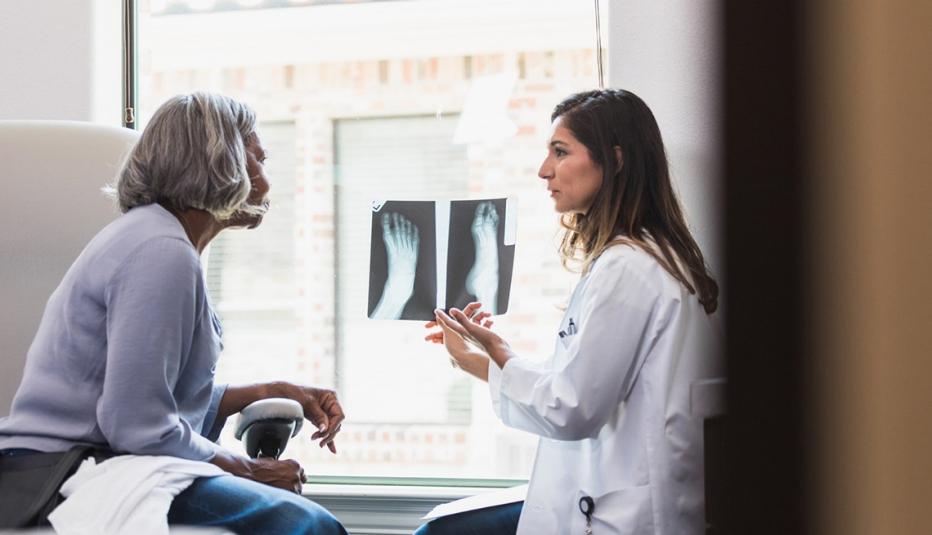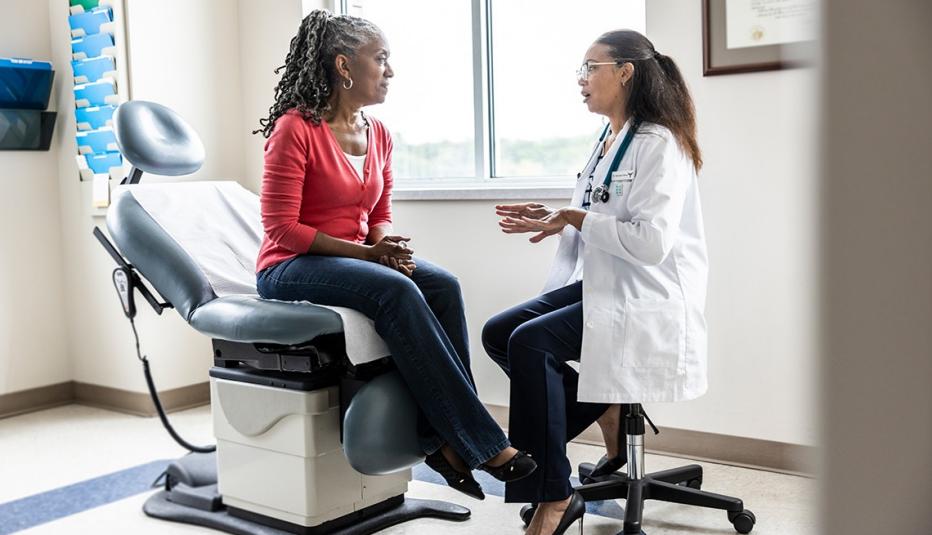AARP Hearing Center
A recent survey conducted by AARP explores older adults' thoughts on and experiences with age discrimination in health care as well as possible ways to address the problem.


This national survey of adults age 50-plus suggests about one in seven (14%) believe age discrimination happens in health care all of the time and another six in ten (58%) say it happens some of the time. Comparatively one in five (21%) believe age discrimination happens in the workplace all of the time.
Nearly one in five (18%) older adults say a health care provider has ignored or dismissed treatable concerns like falls, joint pain, hearing, or vision loss. A small portion of adults 65 and older are more likely than their younger counterparts to feel that their health care provider treated them as if they had poor eyesight or hearing (6% vs. 2%).
About one in seven (14%) older adults 50-plus say they have faced age discrimination while seeking medical services or health care, which appears to correlate with household income. Older adults with household incomes of less than $30,000 are more likely than those with household incomes above that level to say they have encountered age discrimination while seeking medical services or health care, (27% vs. 10% of those with incomes between $30,000–$60,000 and between $60,000–$100,000 and 13% of those with incomes of $100,000 or more).
Of those who have encountered age discrimination in health care, half say it has happened within the past 12 months, one-fifth (19%) say it occurred within the past two years and one-third (32%) say it happened over two years ago.
Nearly half or more adults 50-plus say the following are very important for addressing possible age discrimination in health care:
- Training health care providers on issues related to older patients (60%).
- Ensuring data collection for research includes older adults (55%).
- Implementing a campaign to educate health care workers about ageist attitudes, language, and actions (47%).
- Creating national standards of health care for older adults (46%).
Methodology
The findings come from an AARP Omni online survey of 1,010 adults 50-plus conducted in May 2024. The national sample was weighted by age, gender, and race/ethnicity.
For more information, please contact Cheryl Lampkin at clampkin@aarp.org. For media inquiries, contact External Relations at media@aarp.org.































.jpg?crop=true&anchor=13,195&q=80&color=ffffffff&u=lywnjt&w=2008&h=1154)































